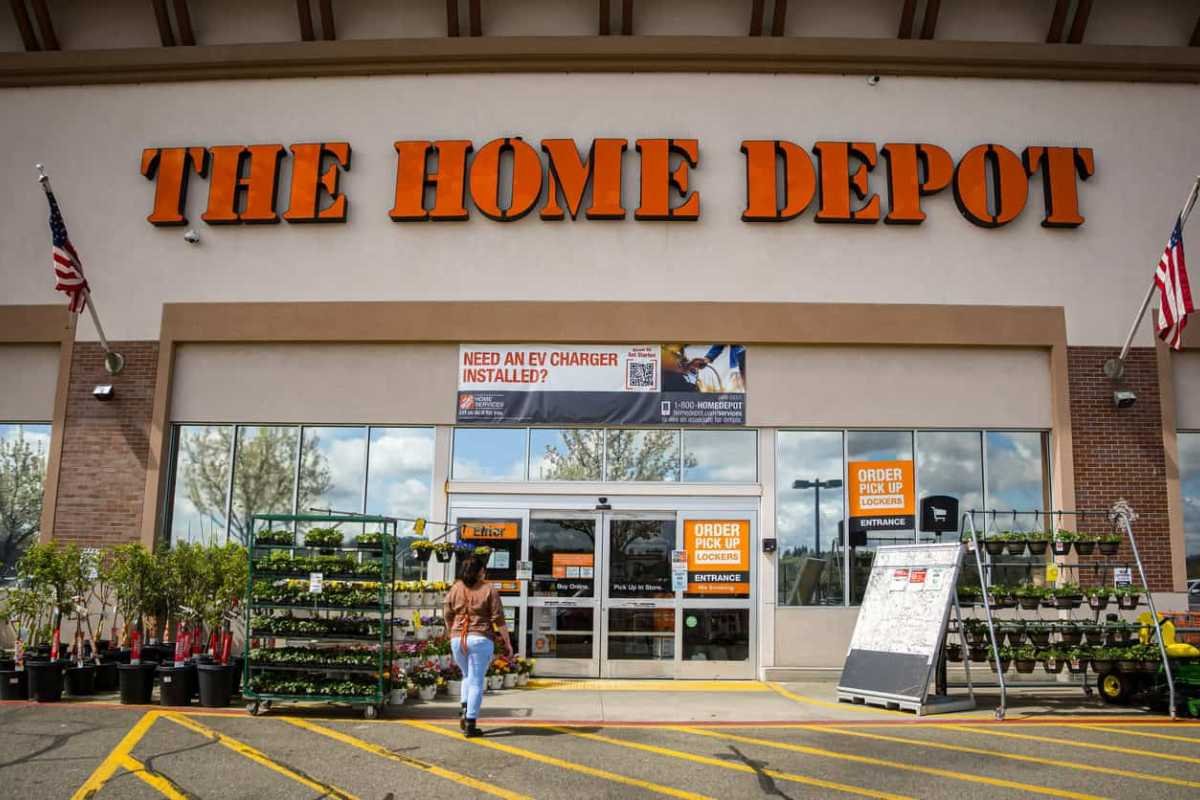While several major retailers brace for higher costs due to newly imposed tariffs, Home Depot has announced it will not pass those expenses onto consumers. During the company’s quarterly earnings call on Tuesday, CEO Ted Decker emphasized that the Atlanta-based home improvement giant is well-positioned to absorb the impact without raising prices. “We don’t see broad-based price increases for our customers at all going forward,” added Billy Bastek, Home Depot’s executive vice president of merchandising.
In contrast to Walmart which recently indicated it would raise prices in response to the tariffs Home Depot is opting for a different approach, underpinned by its diversified sourcing strategy. Decker stated that within a year, no single country outside the U.S. would account for more than 10% of Home Depot’s total product purchases. He also noted that over 50% of the company’s products are currently sourced domestically. “We’ve worked diligently with our vendors to diversify our global supply chain,” Decker said.
Bastek sees the situation as a competitive opportunity, noting that this strategy positions both Home Depot and its suppliers to capture additional market share, particularly as rivals consider price hikes.
Strong Earnings and Optimism Ahead
Home Depot reported strong financial performance for the first quarter of fiscal year 2025, with net sales reaching $39.9 billion up 9.4% compared to the same period last year. While overall comparable sales saw a slight dip of 0.3%, U.S. sales grew modestly by 0.2%, signaling steady domestic demand.
The company’s stock responded positively to the earnings release, rising by 2% in premarket trading. Executives also expressed confidence about Home Depot’s inventory readiness heading into its busiest season. “Our in-stock rates have never been better,” Bastek said. This readiness, combined with a stable pricing strategy, bolsters the company’s outlook for the coming months.
The decision not to raise prices stands in stark contrast to other retail giants like Walmart, which publicly acknowledged the need to pass some of the tariff costs onto consumers. President Trump has even publicly criticized Walmart for its stance, urging the company to absorb the cost increases rather than shift them to customers.
Political Context and Industry Tensions
Home Depot’s approach is particularly notable given the broader economic and political climate. President Trump’s sweeping global tariffs, regarded as some of the most aggressive in nearly a century, are expected to cost the average American household over $2,300 annually, according to estimates from the Yale Budget Lab.
Decker was among a trio of retail leaders, including Walmart CEO Doug McMillon and Target CEO Brian Cornell, who met with Trump in April to voice concerns over the potential fallout of the tariffs. During the meeting, they warned the former president that the added trade barriers could lead to higher prices and product shortages across the industry.
Despite these concerns, Home Depot’s current strategy offers a rare example of a major retailer leveraging supply chain resilience to shield its customers from the brunt of economic policy shif,ts potentially strengthening its position in a highly competitive market.









